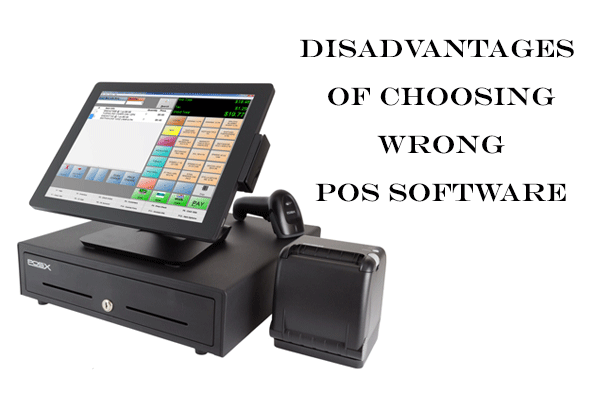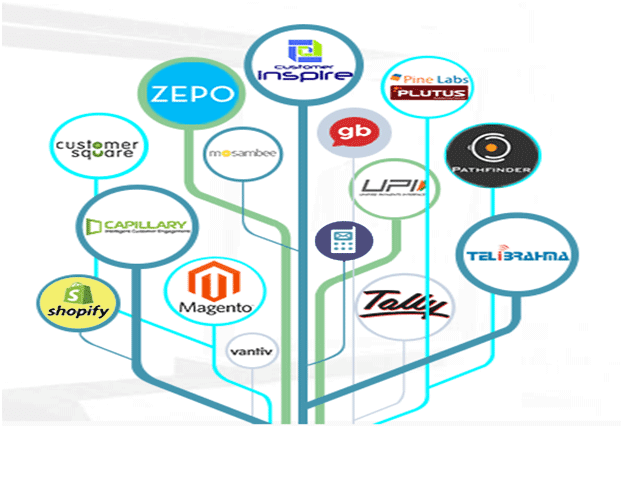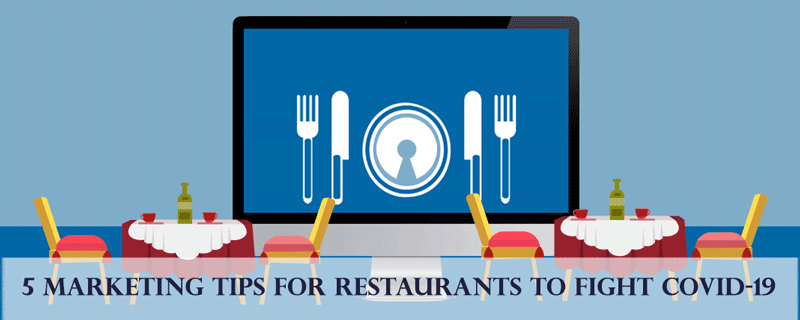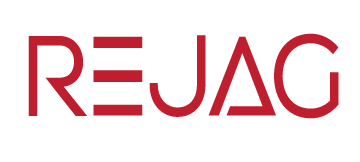Disadvantages of Choosing Wrong POS Software

As a retailer, you’re investing all of your precious time and money into seeking ways to boost sales. More sales mean more income, which in effect brings opportunities for your company to expand.
Here are the disadvantages of choosing wrong POS Systems
1. Inventory Control
Inventory being the heart of any business, one should make sure that their inventory is controlled properly and to control the inventory they should have proper inventory management software. Most of the software doesn’t have features that can give the proper report on wastage, expiry products, non-moving products, this, in turn, puts the business owner to control the inventory. Reorder play a very important role in any business to reorder the products based on sales. This automation can reduce the manual work and expense involved with running the business, which in turn increases sales and profit margins.
2. Free POS Systems Come With Limited Features

Most of the POS software comes with limited or basic features that are required to run the business. Advanced CRM and inventory management features go hand in hand for any business to improve the sales and profit margin. In this evolving digital world, one should take some time to check if the POS has advanced digital features with mobile applications and third-party integrations. Applications for ordering food in a restaurant business play a very vital role.
Limited features aren’t necessarily a bad thing, but it really depends on the size of your business.
3. Customer Service Is Probably Not Included
Customer support is a key role that plays in the retail industry. If the billing stops even for a few minutes there will be a lot of discrepancy in stock value.
Most of the POS has support only for a fixed time, say 9 AM-6 PM and if there is any issue in the software post this time, then there will be a breakdown in business. Most POS software has support only in few major languages like English, Hindi and the regional language where the company is situated.
Because at the end of the day, getting your POS shut down in the midst of a lunch rush or during peak shopping hours would result in missed opportunities, disappointed customers and fewer profits for you.
4. Free Plans May Not Give You Access to Add-On’s and Integrations
Good POS software often has built-in integrations with essential 3rd-party solutions for accounting, e-commerce, inventory management, shipping, CRM, email marketing, and more. But building and maintaining these native integrations costs money, and naturally, POS vendors are chary about just handing them out for free. If you choose a freemium point-of-sale program, you will almost certainly be barred from using integrations already installed. Many POS vendors are also designing their own solutions for time monitoring, bookings, online purchasing, delivery and so on. Yet — again — you probably won’t be able to use these add-ons either. And some providers won’t even require users of their free plans to access the API, making jury-rigging your own integrations impossible.
5. Insufficient training
Your staff is one of the most important tools, but when it comes to educating workers on POS systems, many retailers want to save money — which can prove costly in the long run. Knowledge is important, as is everything else about your company, and knowing how to run your new system effectively is crucial to your success. Your workers are the ones who actually process transactions, handle inventory, print barcodes, etc., and no matter how fantastic your POS system might be, poorly qualified users will easily make it far less effective.
6. Not testing the system
If you wanted to spend your hard-earned money in a new vehicle, you wouldn’t dream of choosing a car without getting to take it for a test drive first. And why would you choose a POS program for your company to be any different?
A POS solution might look great on screen, but one should really know the whole picture before purchasing the POS. It is good to use the software on the trial version at least for a week before investing in it rather than regretting later.
7. Choosing the wrong partner
Choosing POS software is similar to choosing a partner to business and is like entering into a long-term relationship, and you should make sure that the company you choose has a good name in the market and well established.
Before purchasing the POS you should study about the company is they have good knowledge in the retail industry and their employees are technically equipped to help your business grow.
Below are a few questions that will help you choose the right partner
- Is POS the company’s primary business?
- Does the system integrate with other areas of your business?
- What type of support do they provide?
- Is the pricing transparent and simple to understand?
- Does it track the metrics most important to your business?
8. Investing in hardware first
Not all POS systems run on the same hardware. You would only need a tablet or a mobile card reader if you are a smaller retailer operating out of a shared room or market, whereas larger retailers will need to concentrate on providing hardware such as conventional card readers, receipt printers, and most likely many more tools. — POS software includes a different operating platform and certain forms of card readers, scanners, printers, and cash drawers, so don’t restrict yourself first by investing in the computer hardware. Why? For what? And doing so actually means you’re wasting your time and money on services that may not be stable enough to help the next POS you’re buying.
Simply put, you’re restricting your POS options, meaning you can not get the most stable and productive program for your company.
9. Updates
When you are using a software-based point-of-sale program, you will need to continue upgrading it with new suppliers or Computer Company models. You may also need to invest in hardware upgrades in addition to the problems and costs associated with these changes. Such upgrades will result in substantial ongoing costs for anything that is meant to be a long-term return-bearing investment.
10. Security Risks
Customers use debit cards at your point of sale would be at risk of exposing their PINs to other customers. Most systems do take some shielding steps, but none of those attempts are flawless. In fact, if you have a web-based program, you are running the normal security and privacy risks that are synonymous with an internet business. While most point-of-sale station providers provide considerable safety protection, they will never fully mitigate the security risk, and the ease of having the device widely available the come at some degree of danger.
Review your choices and read any favorable or negative comments about the company once you have built a list of pros and cons for your options. Sites rate and review such items as retailer POS schemes. Yet by avoiding these mistakes at the end of the day, you’re well on your way to incorporating an important resource into your business — one that will set you up for potential success.












